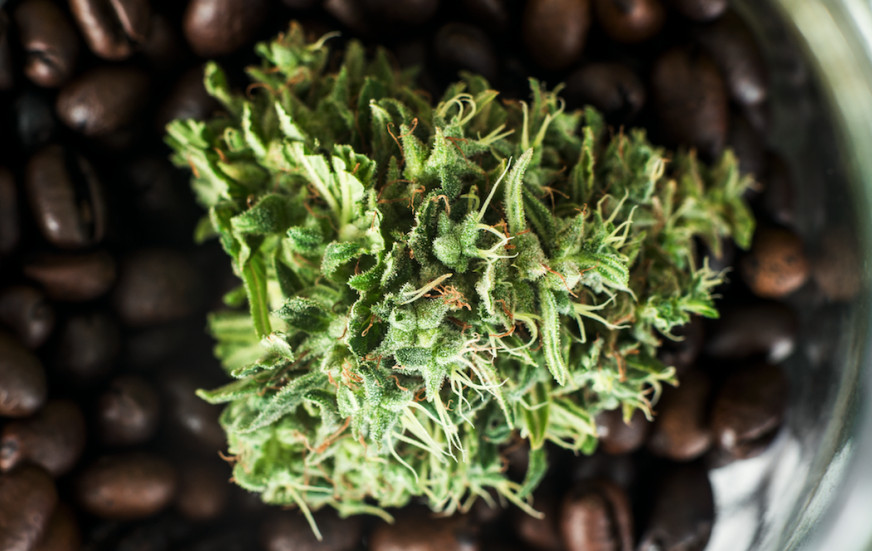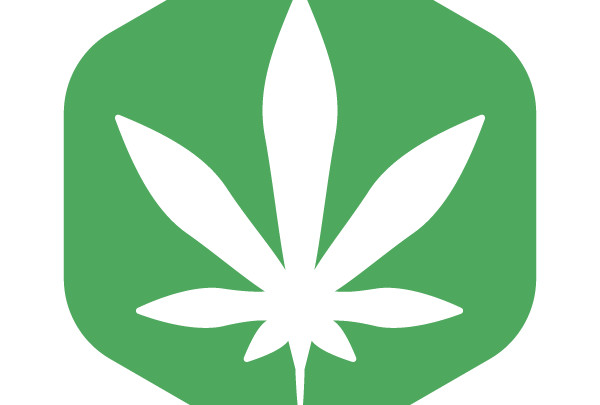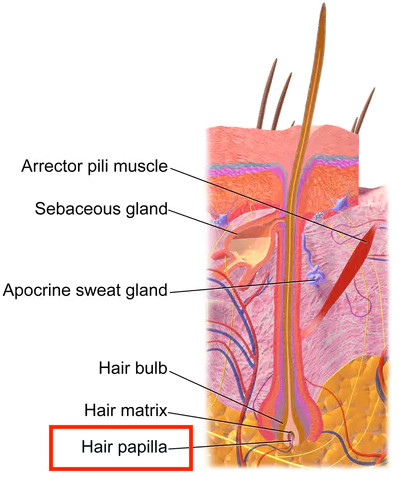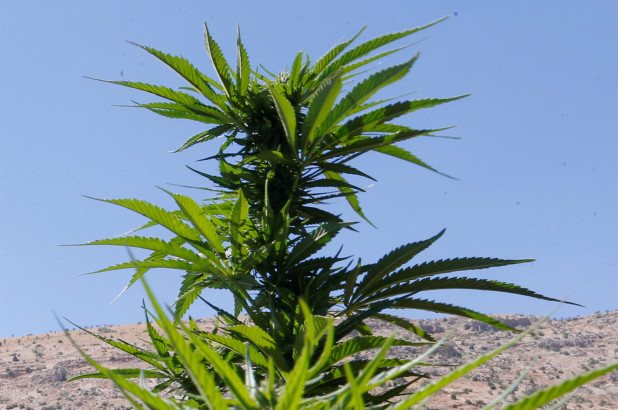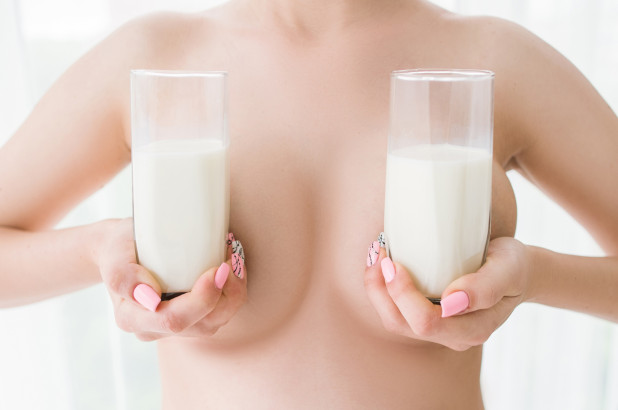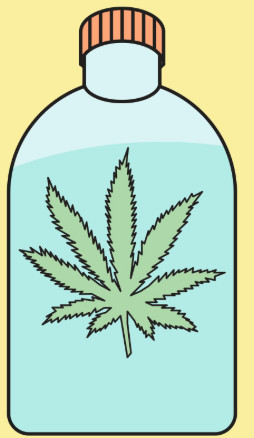Cannabis laws in Maryland have been gradually evolving over the past few years. In the latest developments, the right to grow industrial hemp could be coming to Maryland.
This change could pave the way for a stronger medical program and additional research.
Industrial Hemp in Maryland
Earlier today, the Maryland House of Delegates voted overwhelmingly in favor of a proposal to allow farmers to grow industrial hemp. The measure won by a landslide 136-1 majority.
From here, the bill will now move onto the Senate. As the Associated Press reported, the measure would allow farmers in the state to grow hemp as long as they do so in partnership with a university or a state agency.
Today’s winning vote is the latest development in Maryland’s legal framework for cannabis. Back in 2012, the state approved a legal medical marijuana program.
But it took several years before the program was up and running. It wasn’t until the end of 2017 that medical cannabis dispensaries were finally able to sell products.
Along with changes on the medical marijuana front, the state has also made some minor adjustments for laws governing recreational cannabis use. Most importantly, the state decriminalized marijuanapossession back in 2014.
Since the 2014 change, people caught with 10 grams of weed or less will get a fine of up to $100 instead of getting arrested. If a person is caught with weed a second time they can be fined as much as $250. Every time after that, the citation can run as high as $500.
The Right To Grow Industrial Hemp Could Be Coming To Maryland
Today could mark the beginning of the next phase in Maryland’s weed laws. If the state Senate approves this new bill, the right to grow industrial hemp could be coming to Maryland very soon.
In many ways, hemp exists in a legal gray zone. On the one hand, since it’s technically a cannabis plant, it can be classified as a federally illegal substance.
But according to the AP, the 2014 Farm Bill gives state agricultural departments the power to define whether or not industrial hemp can be grown.
There are many reasons why a state may choose to allow the cultivation of hemp. The plant has long been used for its fibers, which can be spun into a number of textiles.
More recently, producers of CBDproducts have turned to hemp as a way of working around prohibition laws in order to legally make CBD.
Hemp plants have virtually no THC, which makes them more or less immune from federal cannabis prohibition. At the same time, it’s possible to extract enough CBD from hemp plants to make viable medical products.
Now, if Maryland approves its newest weed-related bill, farmers could soon be growing and harvesting hemp.
And since these plants would have to be grown in partnership with state agencies or universities, it seems like they would be used primarily for medical products and research.
credit:420intel.com


